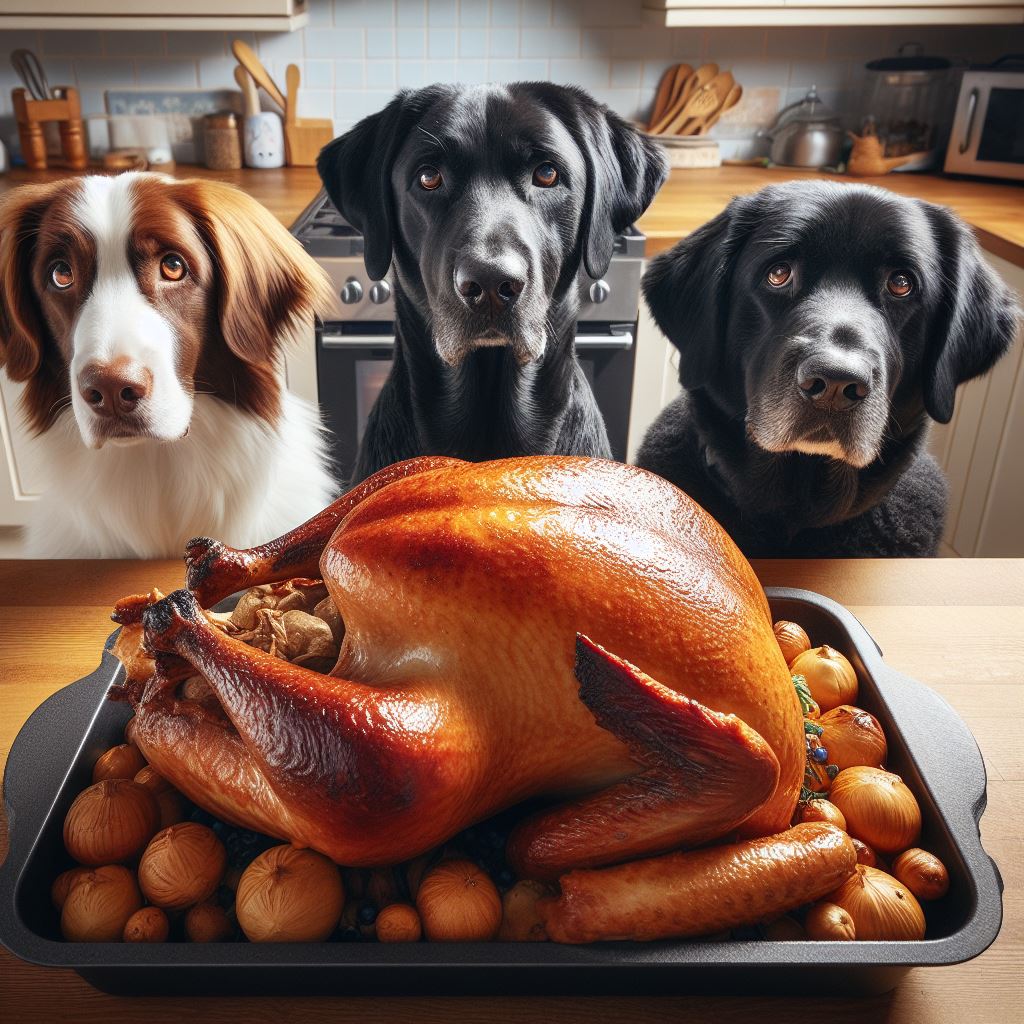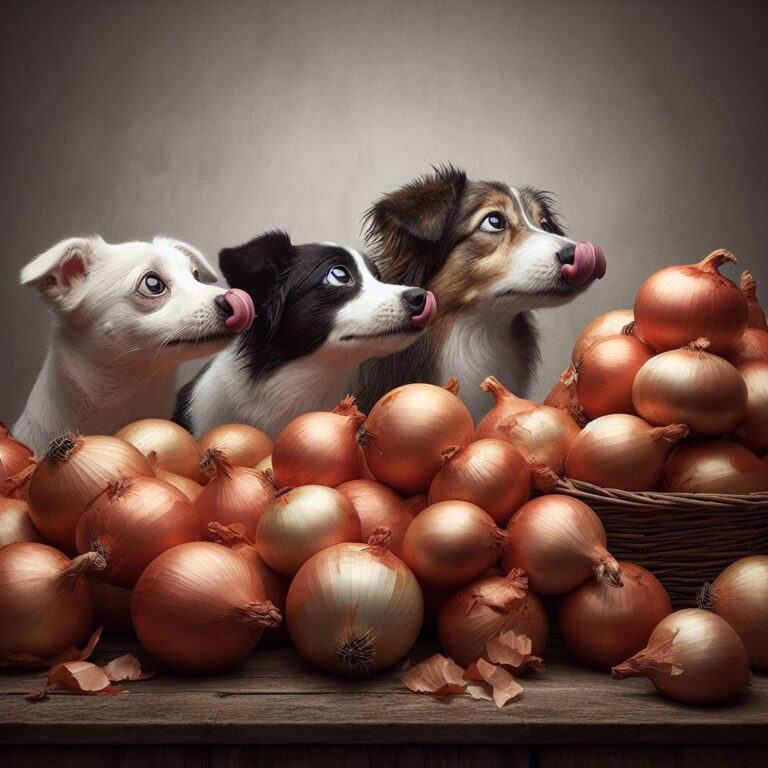Can Dogs Safely Eat Turkey
In short, yes! Dogs can safely eat skinless, boneless cooked turkey meat. Turkey is a great source of protein which is an essential part of a dog’s diet as well as other crucial vitamins and nutrients.
Here, we will look into the nutritional benefits, potential risks, and best practices associated with incorporating turkey into your canine friend’s diet.
Nutritional Benefits and Potential Risks of Turkey for Dogs
Turkey is a powerhouse of essential nutrients that can offer several health benefits to dogs. One of the primary advantages is its rich protein content.
Protein is vital for dogs as it plays a crucial role in muscle development, immune function, and overall well-being. The amino acids found in turkey contribute to healthy skin, a shiny coat, and optimal organ function.
Additionally, turkey is a good source of B vitamins such as B6 and niacin, which are essential for energy metabolism and the proper functioning of the nervous system.
The mineral selenium, present in turkey, acts as a powerful antioxidant, helping to combat oxidative stress and support the immune system.
However, despite these nutritional benefits, it’s crucial to consider the preparation and serving aspects to ensure dogs reap the advantages without encountering potential risks.
While turkey can be a nutritious addition to a dog’s diet, there are significant risks that pet owners must be aware of. One major concern is bones.
Cooked turkey bones can become brittle and splinter, posing a severe risk of causing intestinal blockages or tears. It’s essential to avoid giving dogs any type of cooked bones, including those from turkey.
Moreover, the skin and fatty parts of turkey can lead to pancreatitis in dogs. Pancreatitis is a painful inflammation of the pancreas and can result in severe digestive issues.
To mitigate these risks, pet owners should remove the skin and excess fat from the turkey before offering it to their canine companions.
Best Practices for Offering Turkey to Your Canine Companion
If you’re considering sharing some turkey with your dog, following best practices is crucial to ensure their safety and well-being. Here are some key guidelines:
- Moderation is Key: While turkey can be a tasty treat for dogs, moderation is essential. Turkey should not make up more than 10% of a dog’s daily caloric intake.
- Bone-Free Turkey: Always ensure that the turkey you offer is bone-free. This includes both cooked and uncooked bones, as both can pose significant risks to your dog’s health.
- Remove Skin and Excess Fat: To avoid the risk of pancreatitis and other digestive issues, remove the skin and excess fat from turkey before serving it to your dog.
- Simple Preparation Methods: Opt for simple cooking methods like boiling or baking when preparing turkey for your dog. Avoid fried or seasoned turkey, as added oils and seasonings like garlic or onions can be very harmful to your dog.
- Observe Your Dog’s Reaction: Every dog is unique, and individual sensitivities may vary. When introducing turkey into your dog’s diet, observe their reaction for any signs of digestive discomfort or behavioral changes. Other suitable proteins such as cooked chicken or beef are great alternatives if your pup is sensitive to turkey meat.
- Consult Your Veterinarian: If you have any doubts or concerns about including turkey in your dog’s diet, it’s always best to consult with your veterinarian. They can provide personalized advice based on your dog’s specific health profile.
Prioritizing Your Dog’s Health and Happiness
In conclusion, dogs can indeed enjoy the nutritional benefits of turkey when it is incorporated into their diet with caution and care. As responsible pet owners, understanding the potential risks and following best practices is paramount in ensuring our canine companions lead healthy and happy lives.
Remember, each dog is an individual with unique needs and preferences. While turkey can be a delightful addition to their diet, it’s essential to tailor their food choices based on their specific health requirements. By making informed decisions and prioritizing their well-being, we can contribute to the longevity and happiness of our beloved furry friends.







